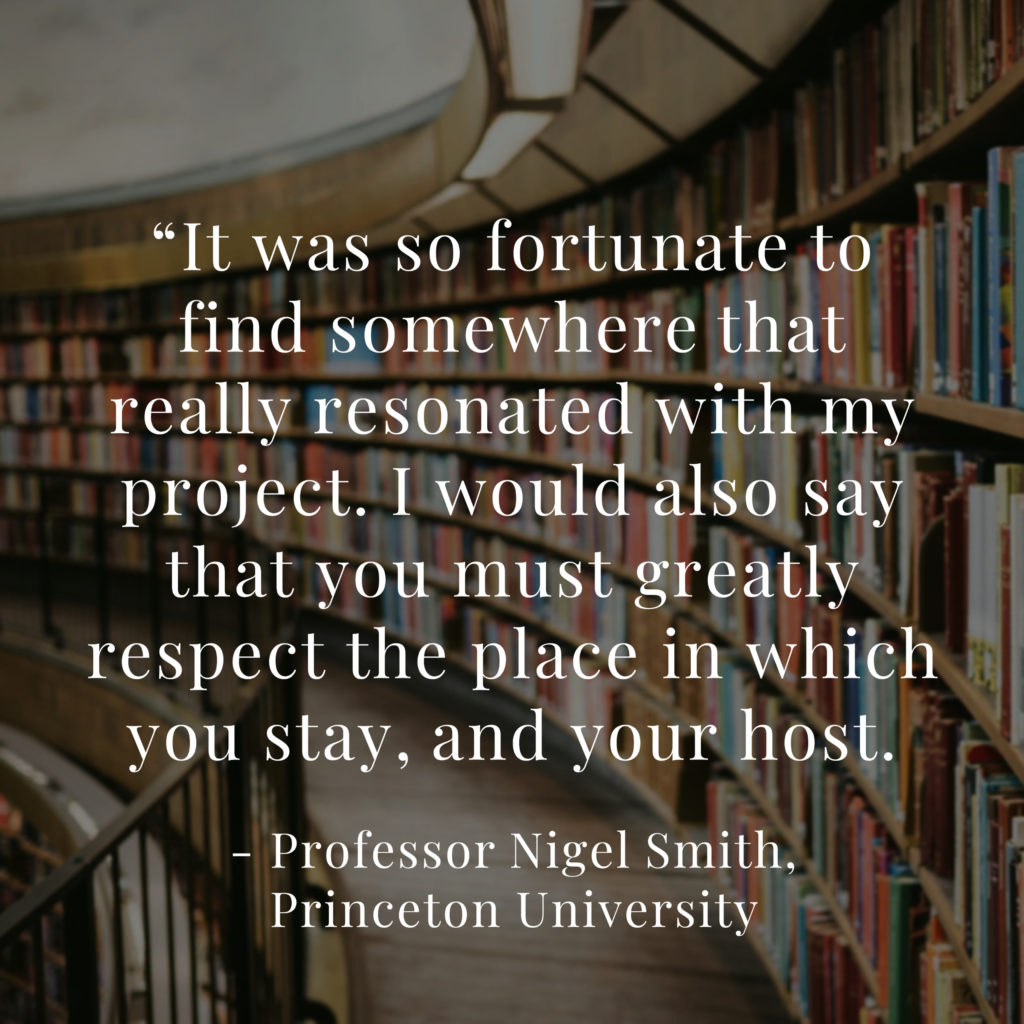Remote working is becoming increasingly widespread, as institutions see the benefits of allowing employees to work from home and the huge advantages of hiring talented staff who may not be necessarily located nearby. Even if remote work is not the norm in your organization, in a time of crisis—such as current coronavirus response—the number of remote workers can skyrocket. So how do remote workers ensure that they are able to stay productive and focused in their new informal surroundings?
Creating physical and mental space for working remotely
When working from home, the lines between work and home life can become very blurred—if you let them. It’s all too easy to cook the evening’s dinner on work time, or work in front of the TV with only half focus. It takes discipline and systems to ensure that this doesn’t happen.
One way of acing the separation between “work” and “life” is to create both a physical workspace and a mental workspace. The physical space can be a particular room that you go to for work, or if you don’t have a room, a desk or table dedicated to you during work time. When you are there, you are “at work” and are not to be disturbed.
Harder than a physical space is the mental space. Prepare yourself for the day, so that once you sit down in your workspace, you are there mentally as well. Some top tips include dressing for work, rather than feeling the temptation to work in your PJs, or even “commuting” to work (a short walk around the block and back to your house). Small efforts like these can work wonders for prompting us to mentally click over to work mode.
Scheduling breaks and work time in co-ordination with others
Just as with any form of work, when working remotely, it’s important to take breaks, especially if you are working at a computer screen. If you’re isolated at home due to the coronavirus, you might find yourself missing the camaraderie of your college or university. Schedule virtual time together wherever possible. Consider regular check-ins with a coworker to see how you’re both faring, or group video conferences specifically dedicated to your team’s well-being (beyond work!). Knowing you have a scheduled “water cooler time” for socializing will help motivate you when focus dwindles.
Movement and physical activity
When you work remotely, it’s easy to forget to get up and move around. This can be true of many working situations, but in higher ed, we often move from our office to someone else’s, to a lecture hall, or out and about on a lunch break. At home, we can neglect to do this.
Take time to move when you find your energy levels dip. Get away from your work space to dance, run on the spot, go for a walk, or stretch; whatever it takes to wake you up and get you back in the zone.
Self-discipline
When you are entirely accountable for what you do for the day, and you have no colleagues or supervisor present to keep you focused, it’s possible that you may start to lack motivation and productivity will dip. To combat this, you need to put systems in place to make sure that doesn’t happen. Offer yourself little rewards when, and only when, you have completed a task. This might be a break with someone else in your home, a coffee (and cake), a phone call, or anything that will get you through.
Another great tip is to use “chunking.” Give yourself blocks of time to work in and stick to them. Set a timer for 20 minutes and work solidly without any interference or distractions from social media. At the end of the 20 minutes, you can take a short break.
Conclusion
Remote working can take a bit of getting used to, but once you get into the right habits and have the right mindset, you’ll adapt to it quickly. Hopefully, you’ll learn to love the freedom and autonomy it brings.
About the author: Nikki Vivian is a Career Coach and owner of From Kids to Career, which was set up to support women who are returning to a career, or looking to move in a new direction after taking time out to raise a family. Nikki works with Mums to find their true passions and to re-build confidence that can be lost after a break from the workplace. She believes passionately that being a parent does not put you at the bottom of the pile when it comes to your career. Nikki owns CV writing company Confident CV and has 8 years’ experience working in Careers for Cardiff University and works as a writer. Most recently, Nikki is writing content for businesses, organizations, and individuals on how to transition to remote working. She also coaches and delivers online training on this subject.












